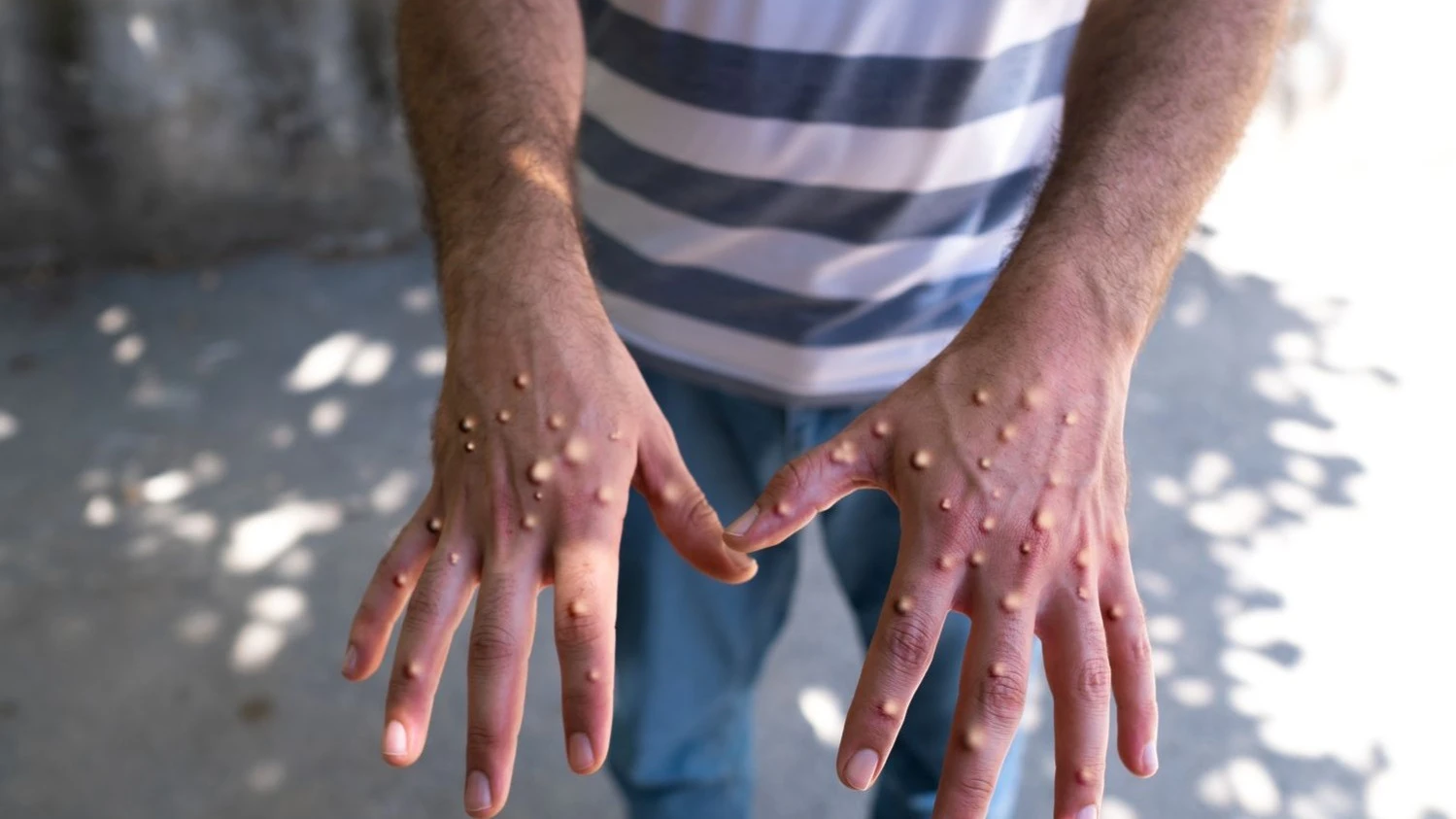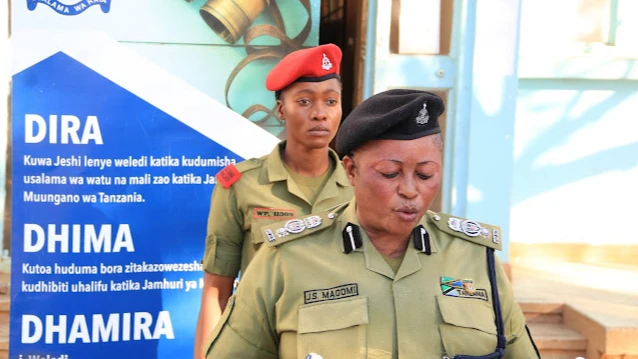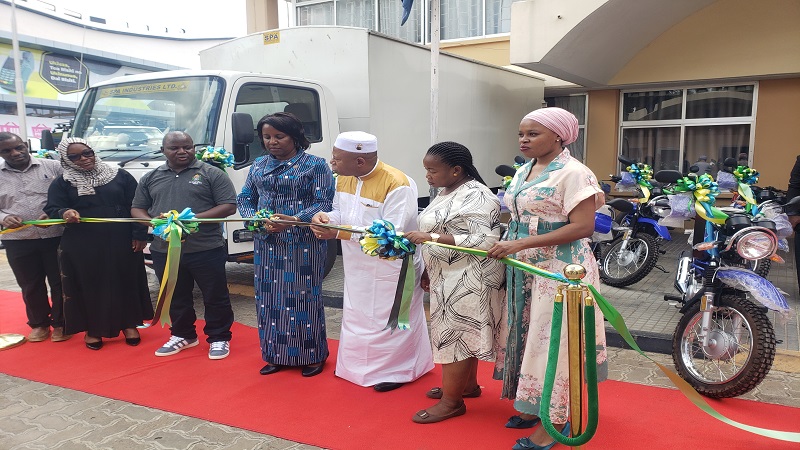UN raises concern over increase of mpox cases

ABOUT 367 cases of mpox, including three deaths, have so far been confirmed in five countries in East and Southern Africa amid fears that the number could further rise, said a UN relief agency.
The UN Office for the Coordination of Humanitarian Affairs (OCHA) said that as of Monday, Burundi had recorded 328 cases, South Africa 24, Uganda seven while Rwanda and Kenya had four each.
"Some countries in the region have launched their response plans, including Burundi, Rwanda and Uganda, to control the disease. However, limited funding and resources hamper efforts to curb further spread," said OCHA Regional Office for Southern and Eastern Africa in its latest update on the disease.
According to the UN agency, more than 3,800 confirmed cases have been recorded across Africa since January, with Burundi the second most affected country in the continent after the Democratic Republic of the Congo (DRC).
The World Health Organization (WHO) has declared the disease a public health emergency of international concern (PHEIC) and called for a coordinated international response to stop the outbreak of mpox and save lives. The move by the UN health agency followed an outbreak of the viral infection in the DRC and the spread to its neighbouring countries in Africa.
Mpox is a viral illness caused by the monkeypox virus, which has two distinct clades, including clade 1b and clade 2b, and can be transmitted to humans through physical contact with an infectious person, contaminated materials, or infected animals.
According to the OCHA, Burundi, Kenya, Rwanda and Uganda have each reported their first clade 1b cases between July and August, initially circulating in the DRC in 2023 and appearing to be more severe and spread faster than the clade 2b variant, which circulates in West Africa.
The African Union approved $10.4 million in August to support the ongoing efforts to combat the mpox outbreak across Africa.
The governments and health partners, with the support of the WHO, continue scaling up the response, including contact tracing, case management screenings at border entry points, testing capacity strengthening, surveillance, case reporting, and dissemination of information on preventive measures, the OCHA said.
Top Headlines
© 2025 IPPMEDIA.COM. ALL RIGHTS RESERVED






















